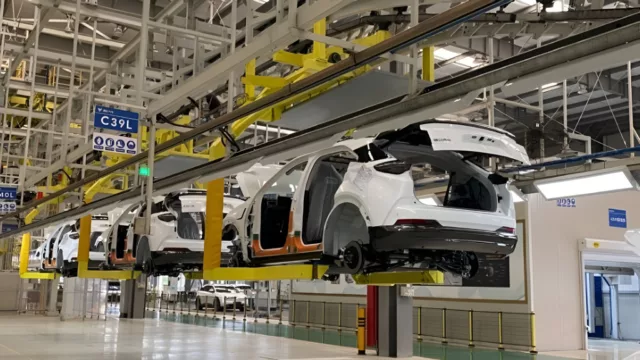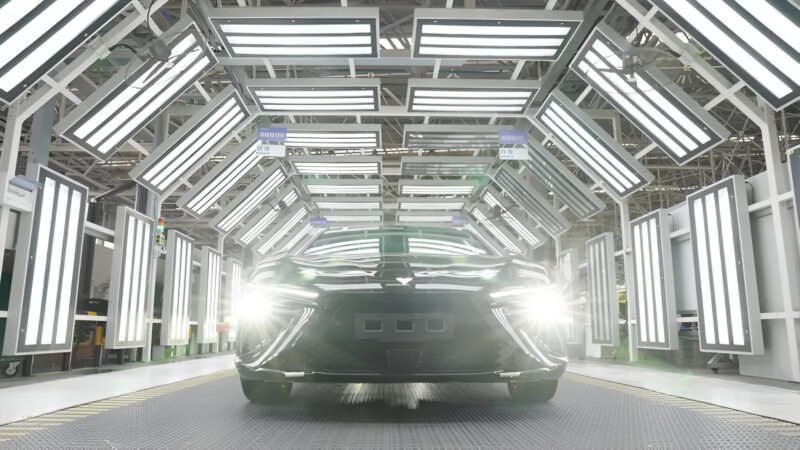According to a May 12 report from Kuai Technology, Toyota is reportedly evaluating the acquisition of struggling Chinese EV maker Neta Auto. Although unconfirmed, such a move could help Toyota strengthen its EV strategy in China while offering Neta a financial lifeline.
Neta Auto, founded in 2014 by Hozon New Energy Auto, has been in crisis since mid-2024. Production was halted, mass layoffs followed, and the company scrambled for external funding. On February 10, 2025, Neta disclosed a failed E-round financing plan involving 4–4.5 billion yuan (552–621 million USD). The lead investor, backed by a BRICS nation fund, pledged 3 billion yuan (414 million USD), but the funding was contingent on resuming production and securing matching investments—neither of which materialised.
Although Neta’s Tongxiang factory briefly reopened in early January, production never resumed due to a severe parts shortage. This failure led the investor to withdraw, effectively collapsing the deal.
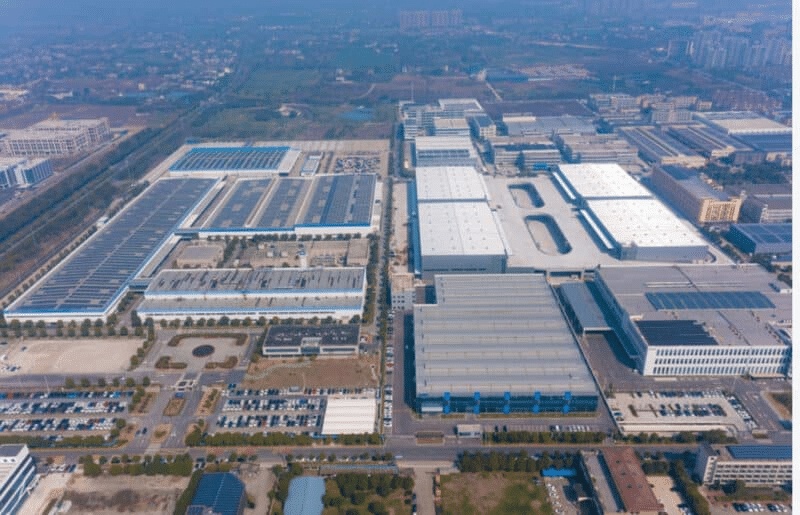
Neta’s valuation took a dramatic hit. In 2023, a 1.53 billion yuan (211 million USD) investment by a Tongxiang government entity valued the company at 42.3 billion yuan (5.8 billion USD). By 2025, a proposed 50% stake for just 3 billion yuan (414 million USD) slashed its valuation to 6 billion yuan (828 million USD)—an 80% drop. This angered early and state-backed investors, including 360 Security Technology, whose founder, Zhou Hongyi, pulled a pledged 138 million USD follow-up investment. Confidence in Neta’s management has since deteriorated.
Financially, Neta has posted cumulative losses of 18.3 billion yuan (2.53 billion USD) over three years and owes suppliers 6 billion yuan (USD 828 million). The company proposed converting 70% of supplier debts into equity and paying the rest in instalments, warning it may default on wages and social insurance without new capital. If Neta goes bankrupt, government investors will be prioritised in debt repayment, leaving suppliers at risk.
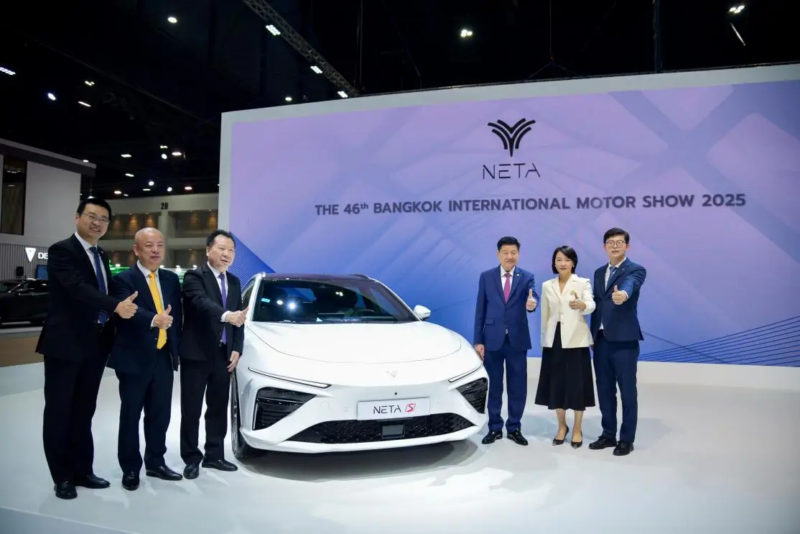
Compounding its troubles, Neta could face penalties in Thailand, where it previously received up to 150,000 baht (4,100 USD) per vehicle in subsidies. To retain these, Neta must meet local production targets by 2025—failing to do so could trigger repayment of subsidies, interest, and tax breaks.
Despite the turmoil, Neta retains some technological and market value. On March 26, it secured a 2-billion-yuan (276 million USD) debt-for-equity agreement with 134 key suppliers and received financial backing from Thai institutions and Hong Kong’s Solotech.
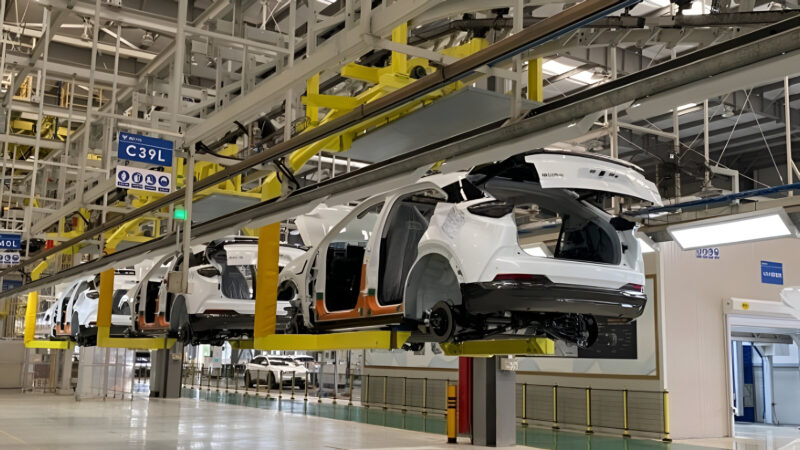
If a deal proceeds, Toyota could leverage Neta’s assets and local knowledge to accelerate its EV rollout in China. However, Toyota China’s Brand Communications Director, Xu Yiming, denied the rumours: “We haven’t heard anything about this!”
In 2024, Neta’s sales fell to 64,500 units, and in January 2025, sales plunged nearly 98% year-on-year to just 110 cars. The company has also faced criticism over outdated technology and exaggerated performance claims. A viral video showed founder Fang Yunzhou bowing in apology to suppliers and dealers—highlighting the depth of the crisis.
Source: IT-Home
Follow us for ev updates


